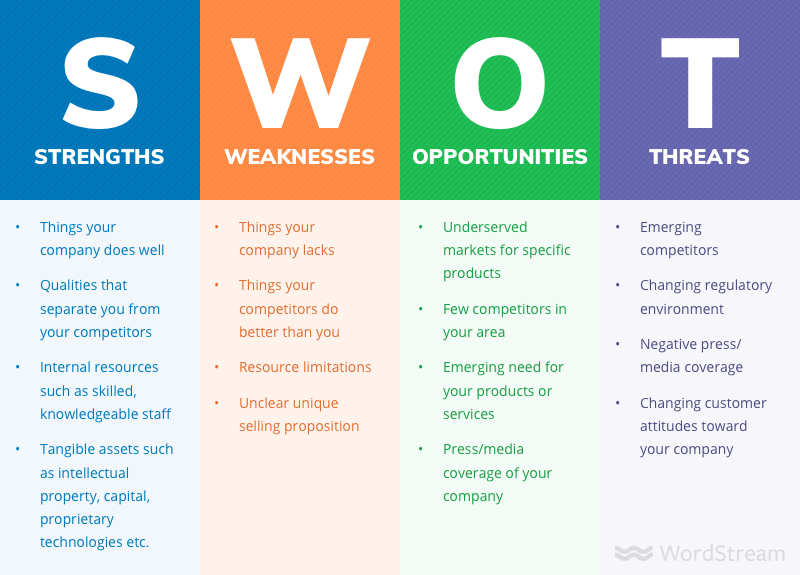Business Planning for New Entrepreneurs: Tips and Tricks
Starting a new business can be an exciting and challenging endeavor. One of the key components of a successful business is a well-thought-out business plan. In this article, we will discuss some tips and tricks for new entrepreneurs to create an effective business plan that will help set them up for success.
Define Your Goals and Objectives
Before you can start creating your business plan, you need to have a clear understanding of your goals and objectives. What do you hope to achieve with your business? Are you looking to make a profit, solve a problem, or fulfill a need in the market? By defining your goals and objectives, you can create a roadmap for your business that will guide you towards success.
Research Your Market
It is crucial for new entrepreneurs to conduct thorough market research before creating their business plan. By understanding your target market, competitors, and industry trends, you can make informed decisions about how to position your business for success. Take the time to gather data and analyze the information to identify opportunities and challenges in the market.
Create a Detailed Business Model
Your business model is essentially the blueprint for how your business will operate and make money. Be sure to thoroughly outline your revenue streams, pricing strategy, distribution channels, and cost structure. By creating a detailed business model, you can ensure that your business is financially viable and sustainable in the long run.
Develop a Marketing Strategy
Marketing is essential for attracting customers and growing your business. Develop a comprehensive marketing strategy that outlines how you will reach your target audience, promote your products or services, and differentiate yourself from competitors. Consider using a mix of online and offline marketing tactics to maximize your reach and impact.
Financial Planning and Projections
Financial planning is a critical aspect of any business plan. Create detailed financial projections that outline your expected revenue, expenses, and profits. Be sure to include a budget, cash flow statement, and break-even analysis to help you understand the financial health of your business. This will also be important when seeking funding from investors or lenders.
SWOT Analysis
A SWOT analysis is a strategic planning tool that helps you identify your business’s strengths, weaknesses, opportunities, and threats. By conducting a SWOT analysis, you can develop strategies to leverage your strengths, address your weaknesses, capitalize on opportunities, and mitigate threats. This will help you make more informed decisions and anticipate potential challenges.
Conclusion
Creating a business plan is a crucial step for new entrepreneurs to set themselves up for success. By defining your goals, researching your market, creating a detailed business model, developing a marketing strategy, and conducting financial planning, you can create a roadmap for your business that will guide you towards your goals. Remember to regularly review and update your business plan as your business evolves to stay on track and remain competitive in the market.


